Classical Archaeology
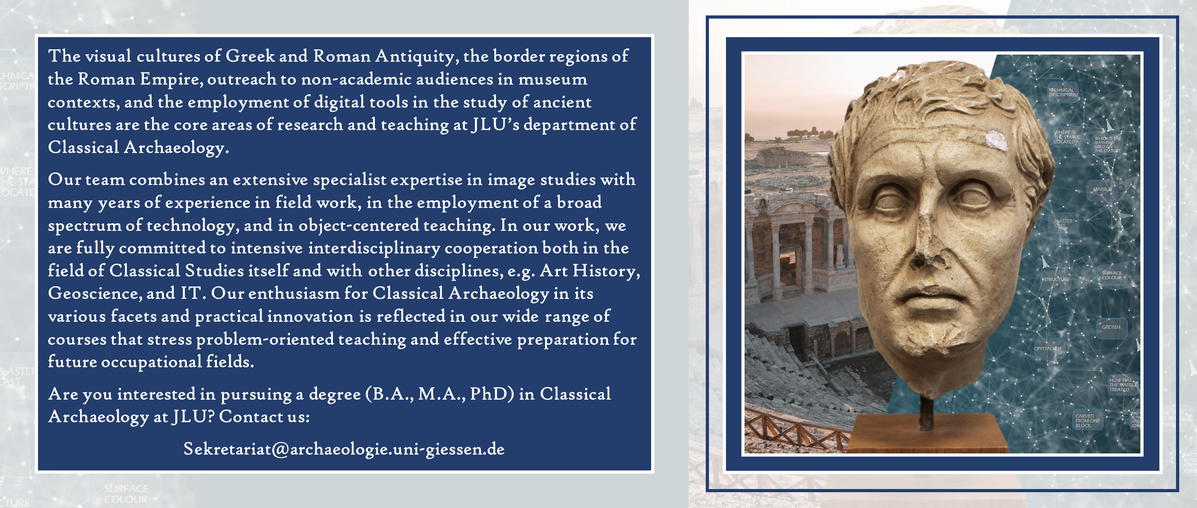 |
|||
|
Degree Programmes |
|||
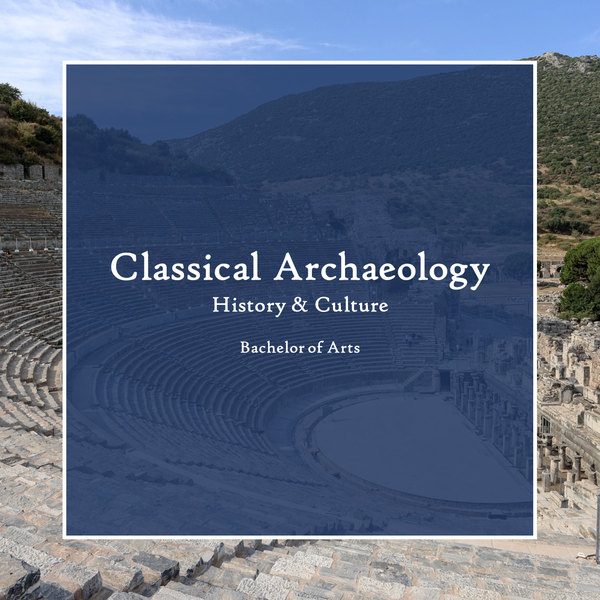 |
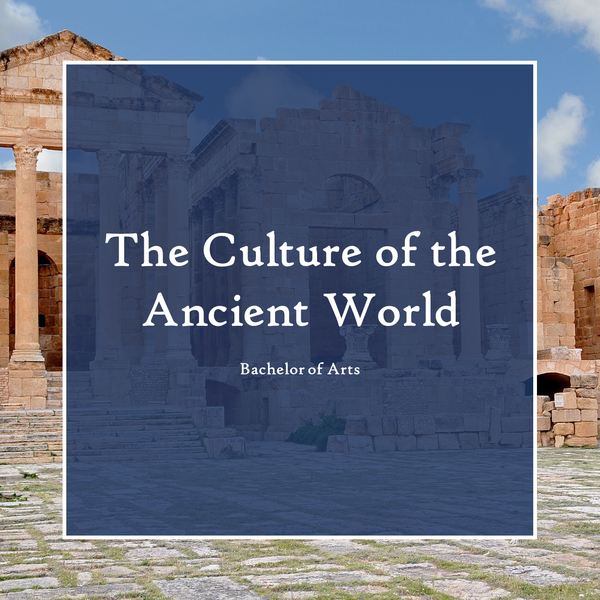 |
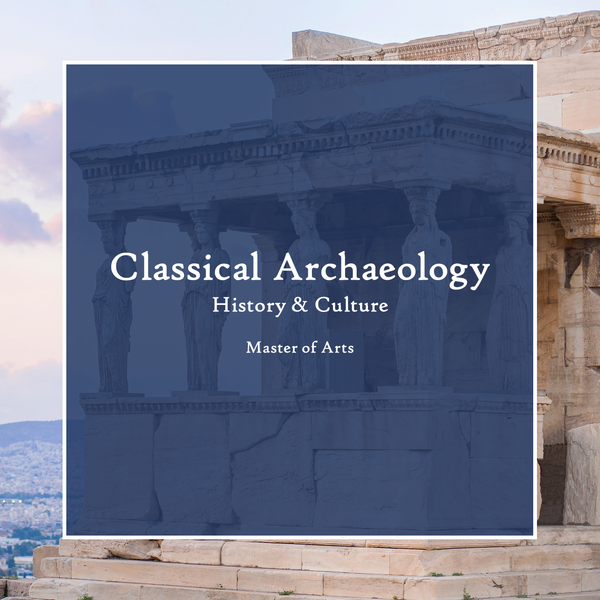 |
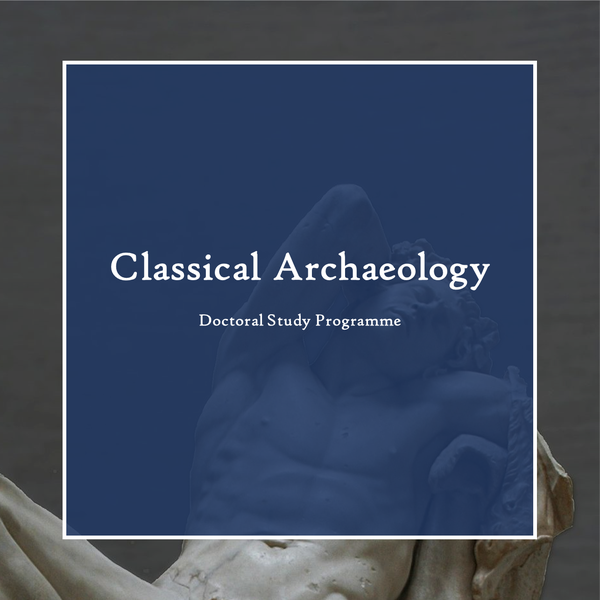 |
If you have any questions about studying Classical Archaeology at JLU Giessen, please visit our section 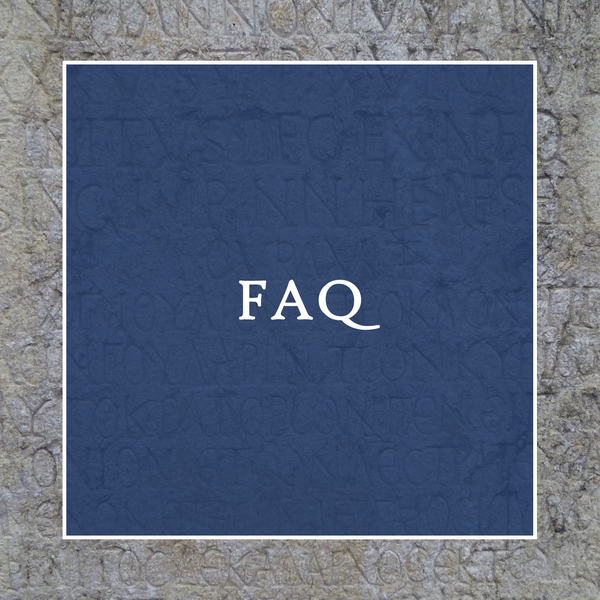
|
News |
||
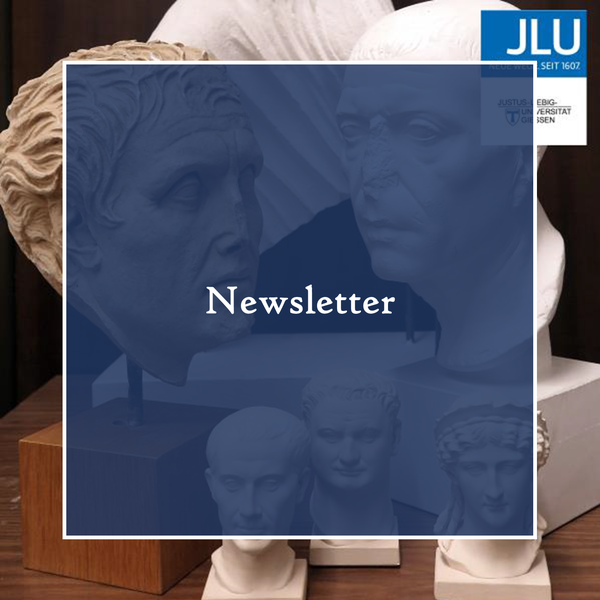 |
Newsletter of the Collection of Classical Antiquities March 2024
In the first issue of 2024, you can expect - in addition to a brief review of last year's events - insights into our current projects, as well as an outlook on the exhibitions and events in the Collection of Classical Antiquities in the first half of 2024. There is a lot to discover! We hope you enjoy reading! |
|
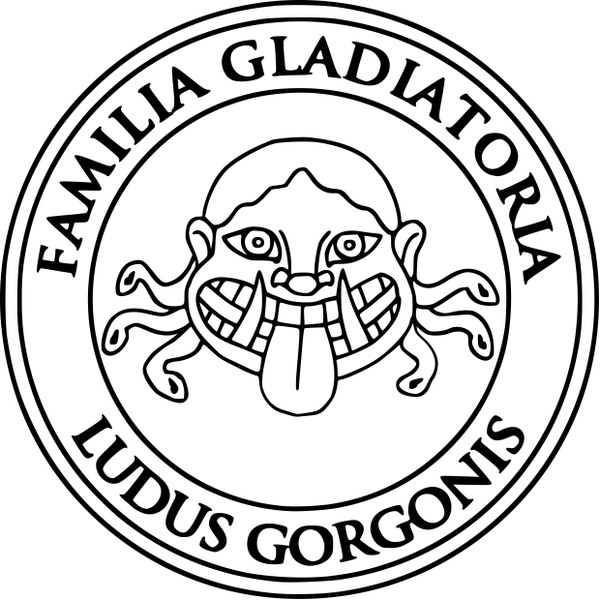 |
Our Ludus Gorgonis travels to Natale di Roma!After years in the provinces, our gladiators have apparently now also made a positive impression in the capital of the Empire: The Ludus Gorgonis will be travelling to Rome in April to perform at the Circus Maximus together with gladiators from all over Europe to celebrate the birthday of the eternal city! Unfortunately, the Colosseum was not available to the editors of the Gruppo Storico Romano. Please note: the Ludus currently trains every Tuesday at 19:00 either at the MuK Gießen or at the Bronzepferd at Philosophikum 1. You can find more information about the Ludus here. If you are interested in participating, please contact our lanista (m.kunzler77).
|
|
Funding offered by the Dr. Dieter and Sigrun Neukirch FoundationThe Neukirch Foundation is currently offering various grants to support young researchers at JLU in the fields of Classical Archaeology, Classical Languages and Geography - including grants for publications, travel and other expenses as well as scholarships. |
||
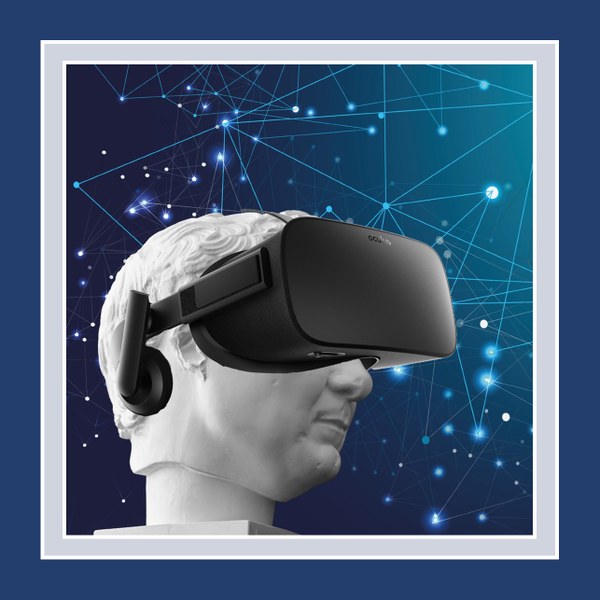 |
3D Museum - Desktop App
We have released the desktop app of our virtual museum so that you can explore antiquity from the comfort of your own home! As part of the project, a virtual exhibition space was designed that can be used as an experimental laboratory for training in the handling of objects, for method-orientated and interdisciplinary teaching formats, as well as for the design of special student exhibitions. You can currently explore three themes that students have designed in a class: Temple, Tomb and Roman House. You can access the project via this link: https://jlubox.uni-giessen.de/getlink/fi9Xb9FT7scMnbsMV7CXanqw/3D_Museum_FINAL.zip Information on the content and use is available here. We hope you enjoy your journey into antiquity! |
|
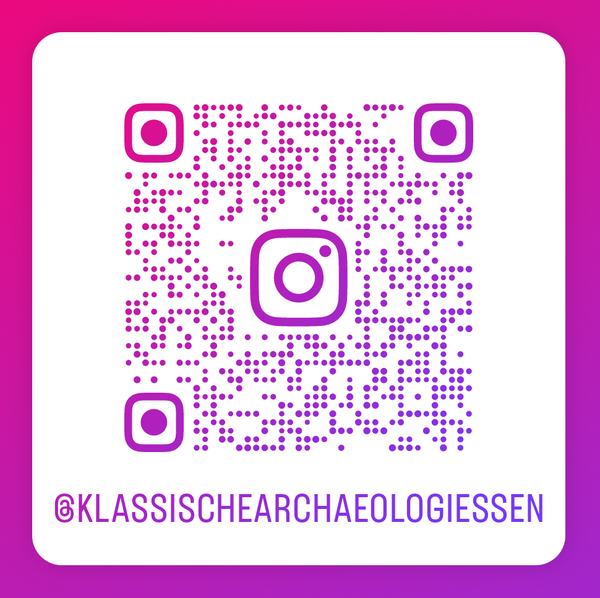 |
Classical Archaeology at JLU now has a second Instagram account!Are you wondering why the Classical Archaeology Department at JLU now has two accounts? The answer is quite simple: While @klassarchaeologie_jlu_giessen provides you with all the information about the activities and events of our Collection of Classical Antiquities, @klassischearchaeologiessen is where you can find out more about the department and, above all, about studying Classical Archaeology in Giessen. Moreover, you can regularly discover fun facts about antiquity here! In our first post there is of course a warm welcome, but not only that...have you ever heard of flying turtles or talking barbecues? No? Then drop by and find out what it's all about! We look forward to your visit! |
|

